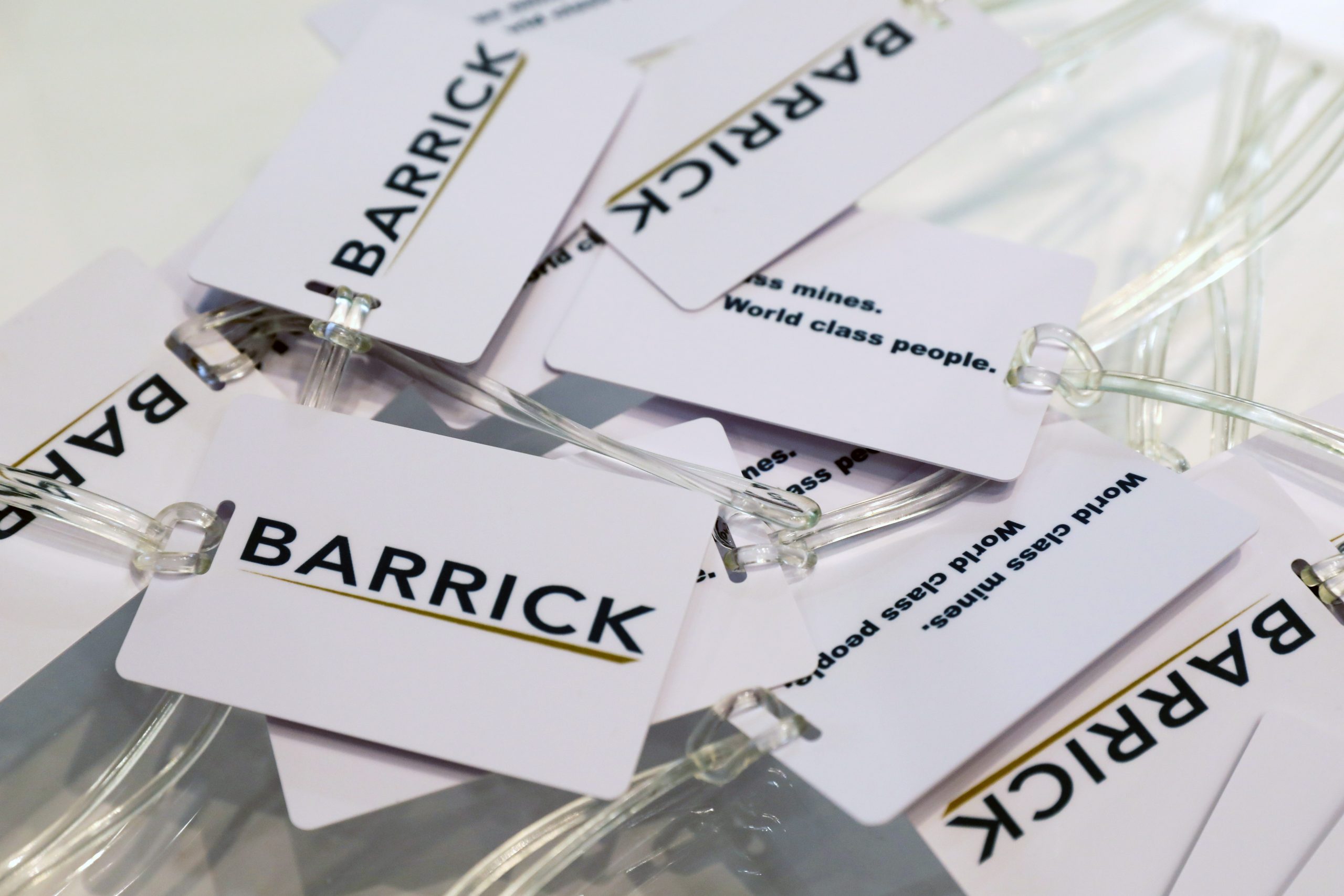JOHANNESBURG (Reuters) -Barrick Gold Corp reported a 78% jump in first-quarter profit on Wednesday, beating analyst expectations thanks to rising gold and copper prices, and said it was on track to meet annual forecasts.
Production in the second half is expected to be higher than the first, the gold miner said, thanks in part to the ramp-up of underground mining at the Bulyanhulu mine in Tanzania and higher expected grades at Lumwana in Zambia.
Barrick’s first-quarter gold production fell to 1.10 million from 1.25 million ounces due partly to lower grades at its Pueblo Viejo mine in Dominican Republic.
Adjusted profit surged 78% to $507 million in the quarter ended March 31, from $285 million a year earlier, and Barrick announced a 9 cent per share quarterly dividend.
Stronger prices helped boost Barrick’s revenue from its copper mines in Chile, Saudi Arabia and Zambia by 31% from the fourth quarter. Overall earnings per share were $0.29, ahead of analysts’ estimate of $0.27.
“We expect a positive stock reaction to the earnings beat and strong cash flow,” said Credit Suisse analysts.
POTENTIAL FOR SOUTH AFRICA MERGER
Barrick CEO Mark Bristow, who has championed mergers across the gold industry, said he backed the idea of South Africa-listed miners Goldfields and AngloGold Ashanti combining.
Speculation has been swirling around the two companies and Sibanye-Stillwater, whose CEO Neal Froneman floated the idea of a three-way merger in March.
“I’m a South African, and this country has such a great mining history and it would be great to see a real gold business come out of the many failed discussions that we’ve seen,” said Bristow.
Goldfields declined to comment. In a statement, AngloGold Ashanti said it was focused on delivering on its growth plan to unlock value from its portfolio of gold assets.
Bristow also said he had met with the Democratic Republic of Congo’s new mines minister and other officials and was continuing to work on getting $900 million belonging to its Kibali mine joint venture out of the country.
“We have a solution, it just needs to be sanctioned by the appropriate authorities which haven’t been around for a while,” he said, referring to a recent government overhaul by President Felix Tshisekedi.
(Reporting by Helen Reid in Johannesburg and Arundhati Sarkar in Bengaluru; editing by Shounak Dasgupta and Bernadette Baum)
Related

























